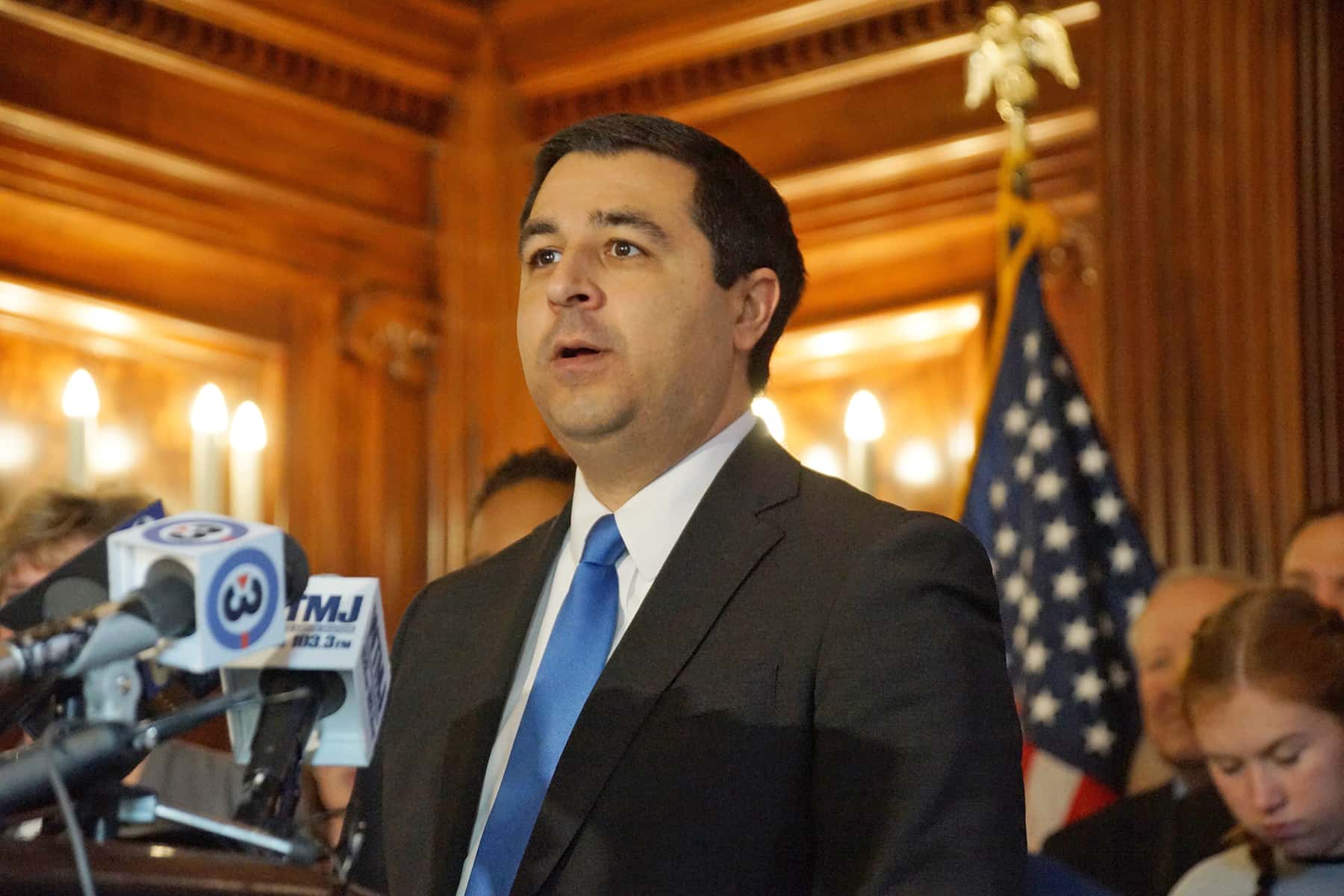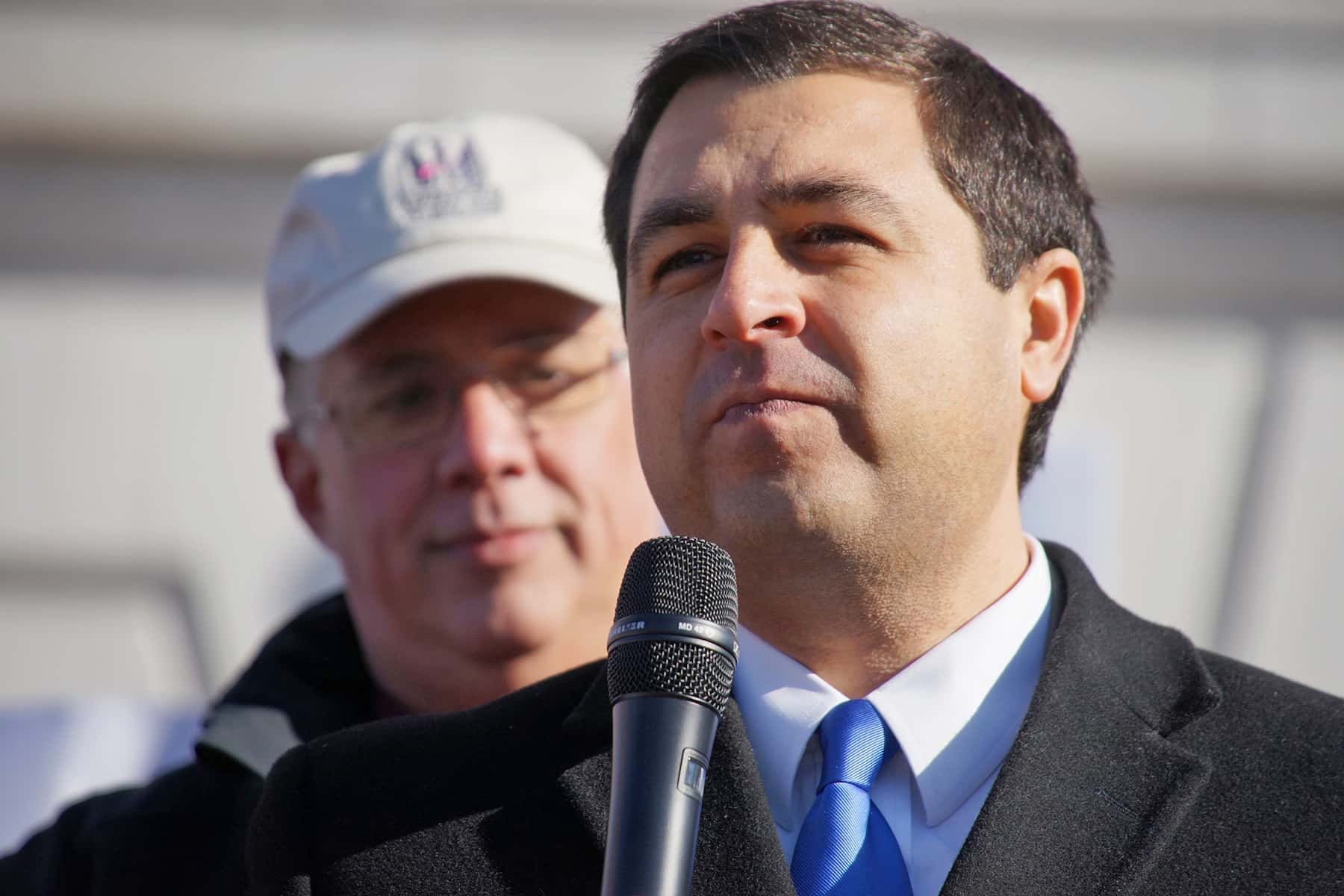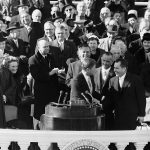
Attorney General Kaul joined a coalition of 24 states and 2 cities on November 15 in filing a lawsuit opposing the Environmental Protection Agency’s (EPA) attempt to revoke the portions of a waiver it granted California in 2013 that permit the state to implement its greenhouse gas (GHG) and zero emission vehicle (ZEV) standards.
The action, filed in the DC Circuit, is part of the coalition’s ongoing fight to protect the ability of states to adopt California’s Advanced Clean Car Standards. These standards are followed, in whole or in part, by 13 other states and are a key part of state efforts to protect public health and the environment.
“Today’s filing is part of the multi-state effort to protect the ability of states to keep leading the fight against climate change,” said Attorney General Kaul. “It’s always important that states have the opportunity to lead efforts to protect our natural resources, and it’s especially important now, as the Trump administration has abandoned efforts to protect our environment.”
The filing also includes a protective petition that asks the DC Circuit to review a separate regulation by National Highway Traffic Safety Administration (NHTSA), which is designed to preempt California’s GHG and ZEV standards. On September 20, 2019, Attorney General Kaul and a coalition of 24 attorneys general and three cities, filed a lawsuit in the district court in Washington DC alleging that NHTSA’s preemption regulation is unlawful and should be vacated.
The federal government has moved to dismiss that case on the grounds that it belongs in D.C. Circuit Court, and briefing is ongoing. While the coalition maintains that the district court has jurisdiction in this challenge, in the event the court disagrees, the protective portion of today’s petition preserves the coalition’s ability to challenge NHTSA’s preemption regulation.
Under the federal Clean Air Act, California may obtain a waiver from EPA to set its own vehicle emissions standards that are at least as protective as the federal government’s standards. Under certain conditions, other states have the option to adopt California’s standards. Congress granted California this option for several reasons, including the benefits the nation accrues from allowing California and other states to foster advances in reducing pollution from vehicles.
Over the past 50 years, the EPA has granted more than 100 waivers for California standards. Thanks to those standards, the state has reduced emissions by hundreds of thousands of tons annually, encouraged the development of emission controls technologies, and contributed to stronger federal standards, all as Congress intended. This benefits all states, including Wisconsin.
In January 2012, California adopted its comprehensive Advanced Clean Cars Program for cars and light duty trucks for model years 2017 through 2025. The program combines the control of smog-causing pollutants and GHG emissions into a single coordinated package. The program improves air quality and curbs GHG. When accounting for emissions savings from other states that have adopted California’s standards, these emission reductions nearly triple, and benefit the nation as a whole.
Attorney General Kaul joined the attorneys general of California Colorado, Connecticut, Delaware, Hawaii, Illinois, Maine, Massachusetts, Maryland, Michigan, Minnesota, Nevada, New Jersey, New Mexico, New York, North Carolina, Oregon, Pennsylvania, Rhode Island, Vermont, Virginia, Washington, and the District of Columbia; as well as the cities of Los Angeles, San Francisco and New York in the November 15 filing.
© Photo
Lee Matz















